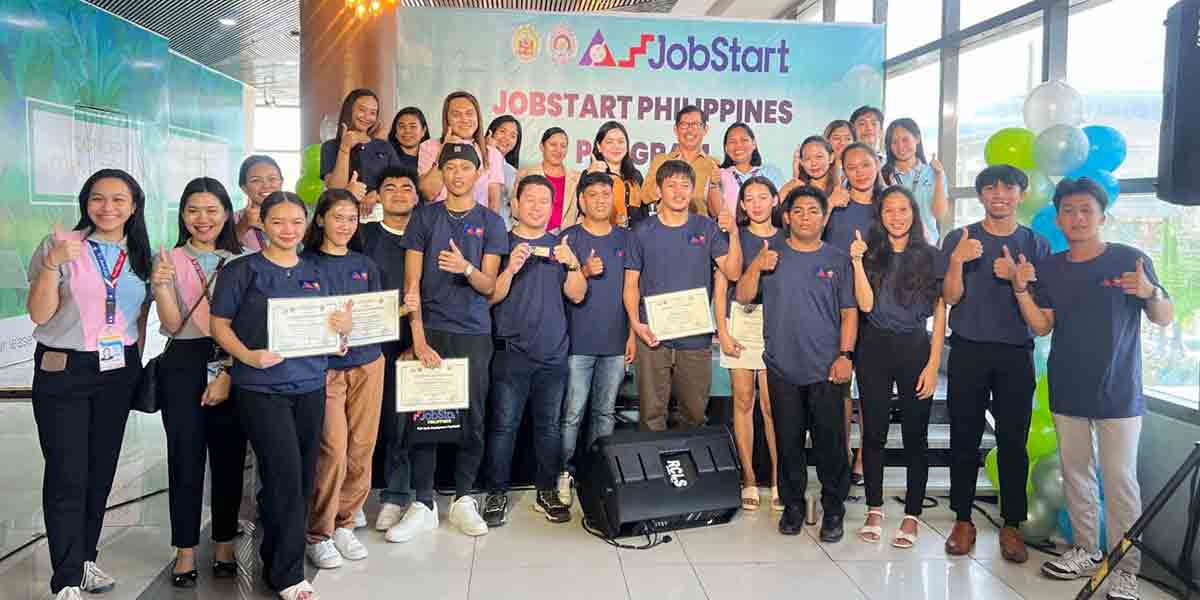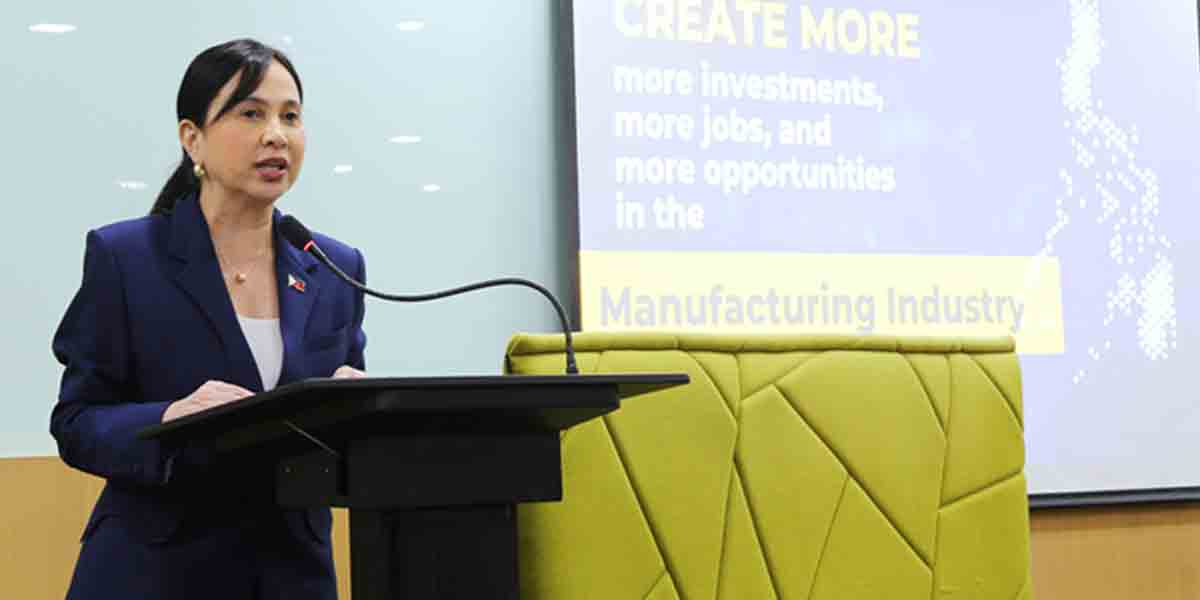By Jaime Aristotle B. Alip, PhD
Like breathing fresh air after being cooped up for too long, people rejoiced after Alert level 1 was declared in NCR and many regions this month. Mobility has returned to pre-pandemic levels, a clear signal that the country is recovering from the COVID-19 Omicron surge. Of course, optimism is offset by concerns about developments in Ukraine and its global repercussions. Right here and now, we are reeling from the dramatic increase in fuel prices and bracing ourselves for the expected surge in the cost of basic commodities.
The news that the Philippine unemployment rate dropped to 6.4% in January 2022 as against the 6.6% in December 2021 is, thus, welcome. This is equivalent to 2.93 million jobless Filipinos, lower than the 3.27 million unemployed in December last year. It is also lower than the 3.96 million jobless Filipinos in January 2021. The employment rate increased to 93.6%, higher than the 93.4% in December 2021 and the 91.2% in January 2021. In terms of magnitude, the number of employed persons increased by 1.77 million. This increase in our labor participation rate is a sign that our economy is beginning to recover. The declaration of the lowest quarantine restrictions in Metro Manila and nearby provinces, which account for about two-thirds of the economy, raises hope for our economic recovery.
Emilia Gabin is one of the many Filipinos who hope that the reopening of the economy will not only help recover losses, but also bring back the jobs wiped out by the pandemic. Emilia is a micro-entrepreneur from Barangay Alejandrea in Jiabong, Western Samar. Her food processing enterprise produces adobong tahong, tahong and shrimp crackers, and squid chips. Emilia started her venture by selling the snacks at P1 per pack in nearby schools and bus stations. She joined CARD, a microfinance organization which lent her money to increase production, and her micro-enterprise grew. Misfortune touched Emilia’s business in 2013, when Super Typhoon Haiyan (Yolanda) devastated Visayas. With perseverance, she and her family were able to turn things around. The capital infusion and marketing support from CARD helped them open branches in Tacloban and Catbalogan. After the products were registered with the DTI in 2015, her business expanded, and she opened more stores to sell her brand of JJED Food products. She developed new seafood-based products, sourced raw materials from the community, and her micro-enterprise provided jobs and livelihood to many. She even started to market their products in Metro Manila.
Then the pandemic happened. At that time, JJED was heavily into production, preparing for a DTI Trade Fair in Manila. This did not push through due to the pandemic, and the lockdowns had devastating effects on the micro-enterprise. Product distribution became difficult, and eventually, they had to close stores because there were very few walk-in customers. When their stocks expired in storage, they decided to just stop production. The business stoppage was heartbreaking for Emilia, not just because of worries for her family, but because her workers and their families also lost their livelihood. Her suppliers also lost their source of income.
COVID-19 concerns aggravated their economic woes, but Emilia did not lose hope. She reopened her business as soon as the quarantine restrictions were lifted in 2020. Her employees happily returned to work and resumed production. But everything has changed due to the pandemic: mobility remained limited, and safety concerns made everything difficult. So, Emilia decided to diversify, and thought of products which she can easily sell to neighbors and nearby communities. She made lumpia, mixing JJED’s main ingredient, tahong and other seafoods, with local vegetables in their area. It was a hit, and soon, Emilia was selling lumpia even in places as far as Leyte. This product allowed Emilia’s enterprise to survive and serve many areas which remained on high community alert levels throughout the pandemic. Eventually, the economy began to reopen and her clients from NCR and other provinces returned. With the support of CARD, she re-opened her stores and actively sold her products online. Soon, she has resellers from as far as Canada and Dubai.
Emilia and her family admit that 2020 and 2021 were difficult years for their small business. But they never thought of giving up it up, thinking of the workers and suppliers who depend on them for livelihood. And so, they plod on, participating in DTI Trade Fairs, exploring new markets opportunities and developing new products. Their food production enterprise is not big, but the employment and livelihood opportunities it provides cannot be gainsaid.
Enterprises like those of Emilia’s, with an asset size of up to PhP100 million and less than 200 employees are classified as micro, small and medium enterprises (MSMEs). The sector is responsible for 40 percent of our Gross Domestic Product (GDP) and employ more than 5 million workers or approximately 63 percent of our workforce.
We need to support MSMEs, as they are the key to economic recovery. They are engines of growth, helping in poverty reduction by creating jobs for our growing labor force. How can we help Emilia and entrepreneurs like her? There are a few things we can do:
- Provide financial support – the government can provide loans, grants or subsidies to provide MSMEs immediate relief. As proposed in the Bayanihan stimulus package, it should incentivize financial institutions to provide credit to give the sector much-needed capital infusion. In the long-term, tax relief and wage subsidy programs for key industries may even be considered.
- Ease the regulatory burden – simplify registration requirements and reduce the cost of doing business. This is important, especially since majority of MSMEs are into food production.
- Business development support – provide financial literacy and business development training to help MSMEs access credit, ensure viability and address liquidity issues. Given the pandemic-shaped landscape, they also need training on how to operate in a digitalized market environment.
Big things often have small beginnings. Let us support our MSMEs.
[JABA03/18/2022. e-mail [email protected] for comments.]






















